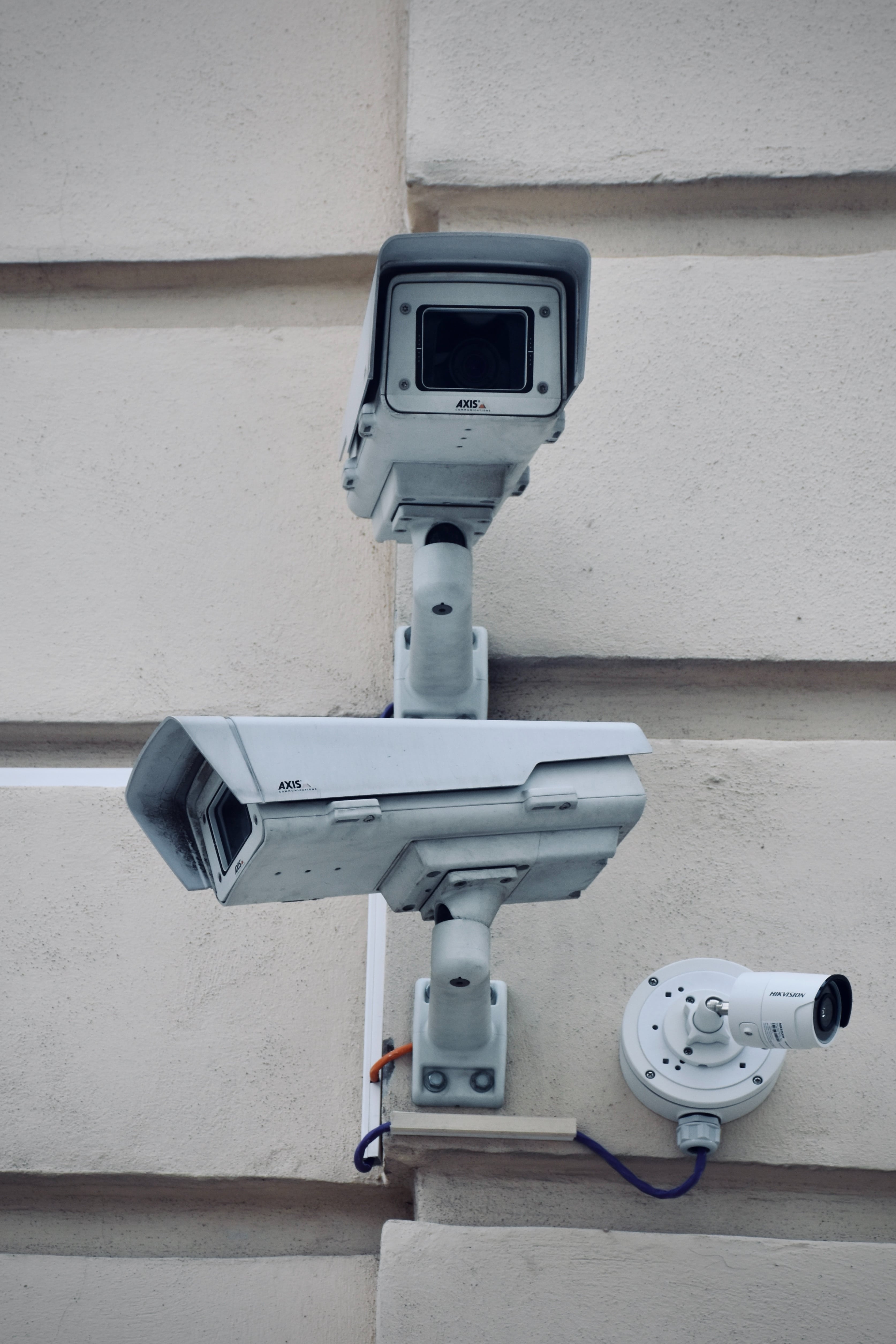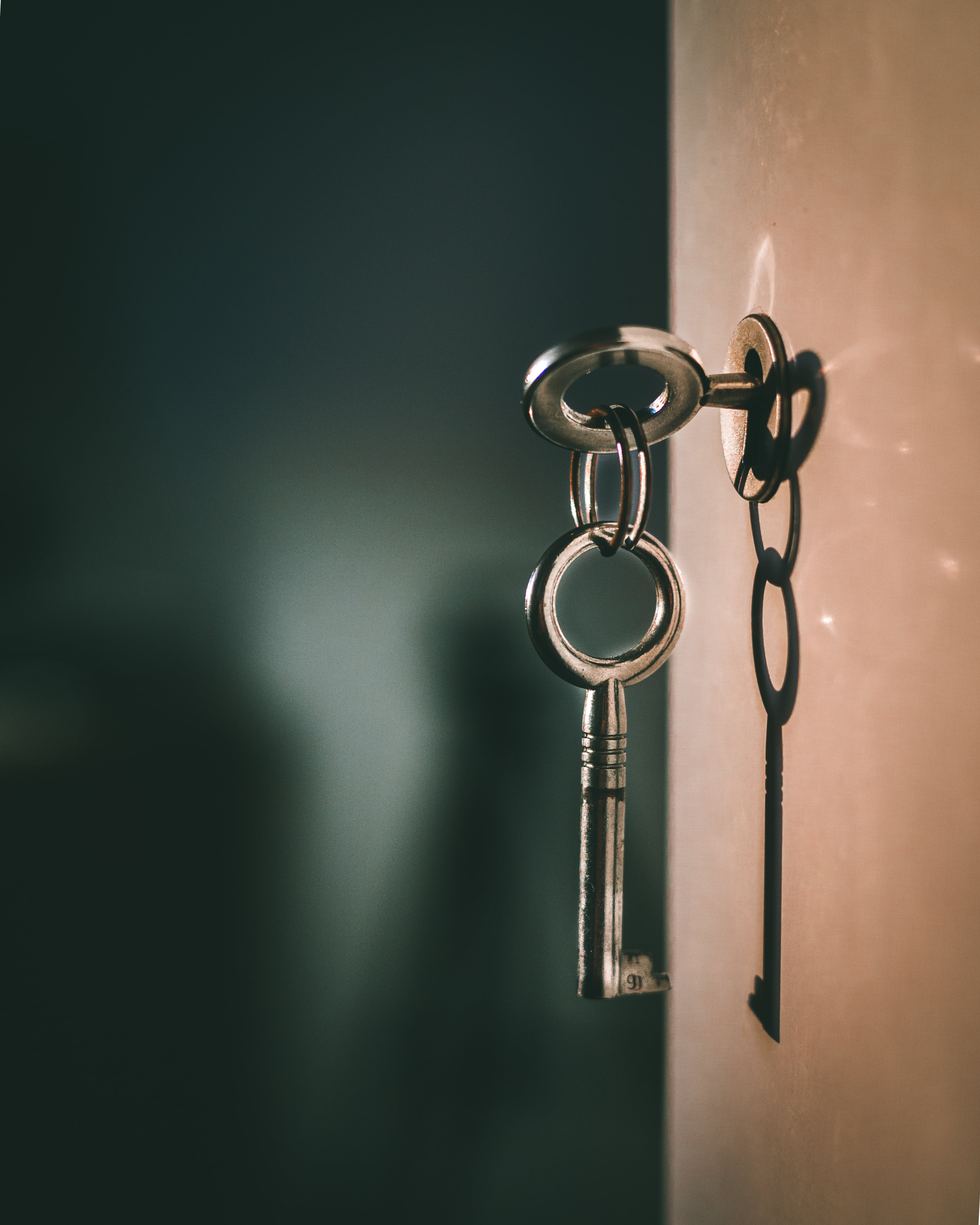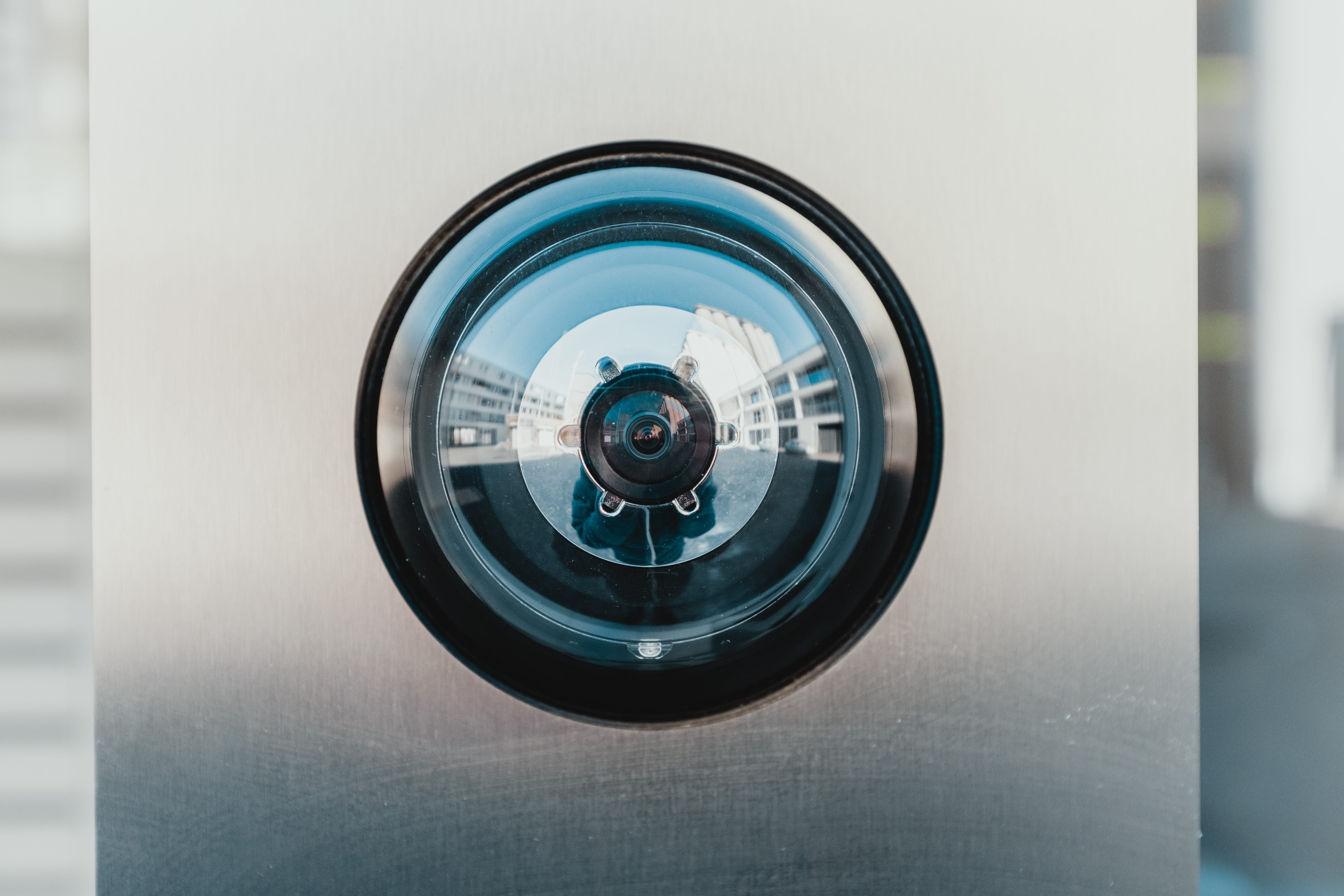Understanding the Importance of Home Security
Your home is not just a place to live; it's an investment in your future and a sanctuary for your family. It's where you create memories, relax, and find solace. Home security is crucial for several reasons:
-
Protection: The primary purpose of home security is to protect your property and loved ones from potential threats, including burglaries, vandalism, and home invasions.
-
Peace of Mind: Knowing that your home is secure allows you to live more comfortably and confidently, without the constant worry of security issues.
-
Deterrence: Visible security measures, such as alarms and surveillance cameras, can deter potential intruders and reduce the likelihood of break-ins.
-
Remote Monitoring: Modern technology allows homeowners to monitor their property remotely, giving them real-time access to security information, no matter where they are.
-
Insurance Benefits: Many insurance companies offer reduced premiums for homeowners with robust security systems, which can save you money in the long run.
Types of Home Security Solutions
There are various home security solutions available to meet the diverse needs of homeowners. Let's explore some of the most common and effective options:
Alarm Systems

Alarm systems are a cornerstone of home security. They provide an audible warning when an intrusion is detected. These systems can be monitored by a professional monitoring service, which will alert the authorities in case of a breach. Key components of an alarm system include:
- Motion sensors
- Door/window sensors
- Control panel
- Alarm siren
Surveillance Cameras

Surveillance cameras are a powerful deterrent and a valuable tool for capturing evidence in case of a break-in. They come in various types, including:
- Indoor and outdoor cameras
- Wireless and wired options
- Smart cameras with remote viewing capabilities
Smart Home Security

The rise of smart technology has revolutionised home security. Smart home security solutions include:
- Smart locks: Control and monitor your locks remotely.
- Smart doorbells: Receive notifications and see who's at your door.
- Smart lighting: Automate your lighting to create the illusion of an occupied home.
- Smart security systems: These comprehensive systems combine various smart devices for enhanced security and convenience.
Access Control Systems

Access control systems limit and monitor who can enter your home. They include:
- Keyless entry systems: Use PIN codes or biometrics to enter.
- Intercom systems: Communicate with visitors and control access.
- Fingerprint or retina scanners: High-tech biometric security measures.
Security Windows and Doors

Investing in secure windows and doors is fundamental to keeping your home safe. Options include:
- Reinforced doors with solid cores
- Security window films
- Security bars and grilles
- Impact-resistant windows
Home Safes
Protect your valuable belongings by using home safes. These safes are fireproof and burglar-resistant, providing a secure place for important documents, jewelry, and other valuables.
Neighbourhood Watch Programs
Community participation is an effective home security solution. Neighbourhood watch programs involve residents working together to keep an eye on their surroundings and report suspicious activities.
Security Services
For those seeking professional home security solutions, security services offer various options, including:
- Alarm monitoring: A security company monitors your alarm system and responds to alerts.
- Security guards: Trained personnel can provide physical security for your property.
- Mobile patrols: Security companies offer scheduled or random patrols to deter potential threats.
Designing a Comprehensive Home Security System
A well-rounded home security system should integrate multiple solutions for maximum protection. Here's a step-by-step guide to designing a comprehensive home security system tailored to your needs:
Assess Your Needs
Start by evaluating your home and security needs. Consider factors like the size of your property, the number of entry points, your budget, and any specific concerns, such as a high crime rate in your area.
Identify Vulnerabilities
Identify potential weaknesses in your home's security. Common vulnerabilities include poorly lit areas, unsecured entry points, and outdated locks and doors.
Choose the Right Components
Based on your assessment, select the appropriate components for your security system. This may include alarm systems, surveillance cameras, access control, and more.
Installation
Proper installation is essential to ensure that your security system functions correctly. If you're unsure about installation, consider hiring a professional.
Alarm Monitoring
Opt for professional alarm monitoring if you want the added assurance of 24/7 surveillance and rapid response to emergencies.
Home Automation
Consider incorporating smart home technology to improve your security system's functionality. Smart locks, doorbells, and lighting can all enhance your security.
Secure Your Perimeter
Make sure your property's perimeter is secure. This may involve fencing, gating, or landscaping to deter intruders.
Lighting
Well-placed outdoor lighting can deter potential intruders and improve the safety of your property. Motion-activated lights near entry points are particularly effective.
Secure Windows and Doors
Upgrade doors and windows to be more secure. Reinforced doors, security window films, and strong locks are essential.
Safe Storage
Use home safes to protect valuable items and important documents.
Neighbourhood Watch
Consider participating in or establishing a neighbourhood watch program to enhance security in your community.
Emergency Preparedness
Prepare for emergencies by having a plan in place. This includes communication with family members and a designated safe meeting place.
Maintaining Your Home Security System
Once your home security system is in place, regular maintenance is crucial to ensure it remains effective. Here are some maintenance tips:
Test Alarms Regularly
Regularly test your alarm system to make sure it's functioning correctly. Ensure that all sensors and components are in working order.
Keep Software Up to Date
If you have a smart security system, keep the software and firmware up to date to protect against vulnerabilities.
Replace Batteries
Replace batteries in security devices like smoke detectors and motion sensors as needed.
Check Surveillance Cameras
Verify that surveillance cameras are working and that their lenses are clean and unobstructed.
Review Access Control
Regularly review and update access control measures, including codes and permissions.
Maintain Outdoor Security
Trim overgrown bushes or trees that may provide cover for potential intruders. Ensure outdoor lighting is operational.
Inspect Windows and Doors
Regularly inspect windows and doors to ensure they remain secure. Repair any damage promptly.
Review Emergency Plans
Review and update your family's emergency plans as needed, including evacuation routes and communication methods.
Conclusion
Home security is a fundamental concern for homeowners, and there is a wide array of solutions available to address this issue. Protecting your home and loved ones is paramount, and with the right combination of security measures, you can create a safe environment that provides peace of mind. By carefully assessing your needs, implementing appropriate security measures, and maintaining your system, you can safeguard your home, protect your belongings, and enjoy the comfort and security that every homeowner deserves.














